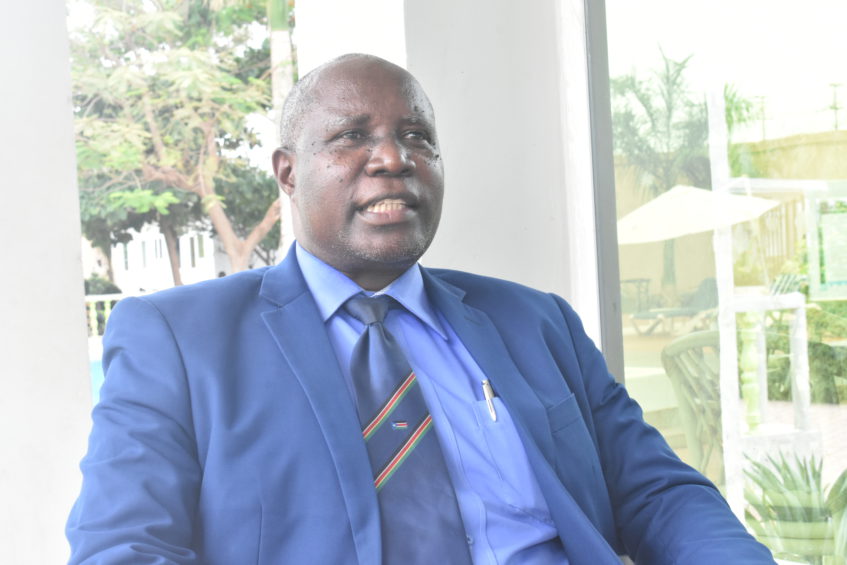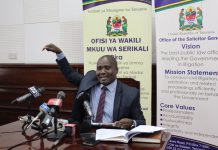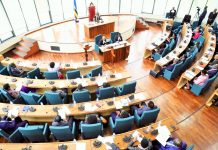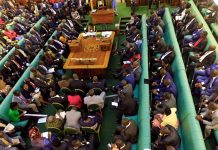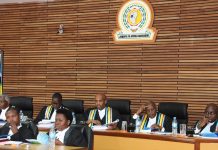AfricaPress-Tanzania: THE President of the East African Court of Justice (EACJ), Justice Nestor Kayobera has appealed for teamwork to enable the Court to deliver on its mandate.
The new president of the Court, Justice Kayobera issued the appeal to fellow judges and staff of the Court to work as a team and with respect for one another.
“We have decided to work together; for example the recent visits to the Heads of State starting with President Paul Kagame of the Republic of Rwanda, President Yoweri Kaguta Museveni of the Republic of Uganda, President Salva Kiir of the Republic of South Sudan and to President Evariste Ndayishimiye of the Republic of Burundi),” Justice Kayobera said.
He added that soon they will visit the presidents of Tanzania, Kenya and Democratic Republic of Congo (DRC) since it has applied to join the EAC.
Justice Kayobera was speaking during a four-day mid-term review workshop for the EACJ Strategic Plan 2018- 2023 including the achievements, challenges and new developments in implementing the Strategic Plan.
He commended his counterparts in the other EAC organs, namely EAC Secretary General, Dr Peter Mathuki and East African Legislative Assembly Speaker, Mr Martin Ngoga where the president takes part as the Head of the Court.
Dr Kennedy Ogollah, a don at the Nairobi University School of Business who facilitated the workshop, commended the Court for the work it has done so far in implementing the Strategic Plan since it was unveiled in 2018.
He encouraged everyone to always focus on achieving the vision and mission of the Court. Some of the key achievements made by EACJ in the implementation of the plan so far include: improved EACJ participation in the amendment of the Treaty and design of the Court.
Another feat is improved understanding on the role and place of the Court in the EAC integration agenda among the policy makers through their engagements with the heads of the Court on the issue of appreciation of the Court.
Others are improved visibility of the Court by an increase in the cases filed during Covid-19 pandemic and raised resources from the Partnership and other Development Partners to support and fund the activities of the Court.
The Court has also improved its digital performance through conducting online Courts session, e-filing and transcribing processes especially during covid-19 outbreak the court has continued with its operations efficiently and effectively.
Key challenges undermining the implementation of the strategic plan were identified as the ad-hoc nature of service for the judges that contributes to delay in hearing and determination of cases; lack of permanent services of the Judges; delays in determining permanent seat of the Court and the Sub-registries to end the transitional status of the Court.
Other bottlenecks are inadequate financial resources, budgetary allocation and delay in disbursement of funds by Partner States which affect the operations of the Court. Low visibility on the Court’s role, mandate, jurisdiction and procedures still hinders access to court by the users.
Other challenges are; delay in amending the Treaty to increase Judges especially in the Appellate Division, and; lack of Administrative and Financial autonomy of the court.


